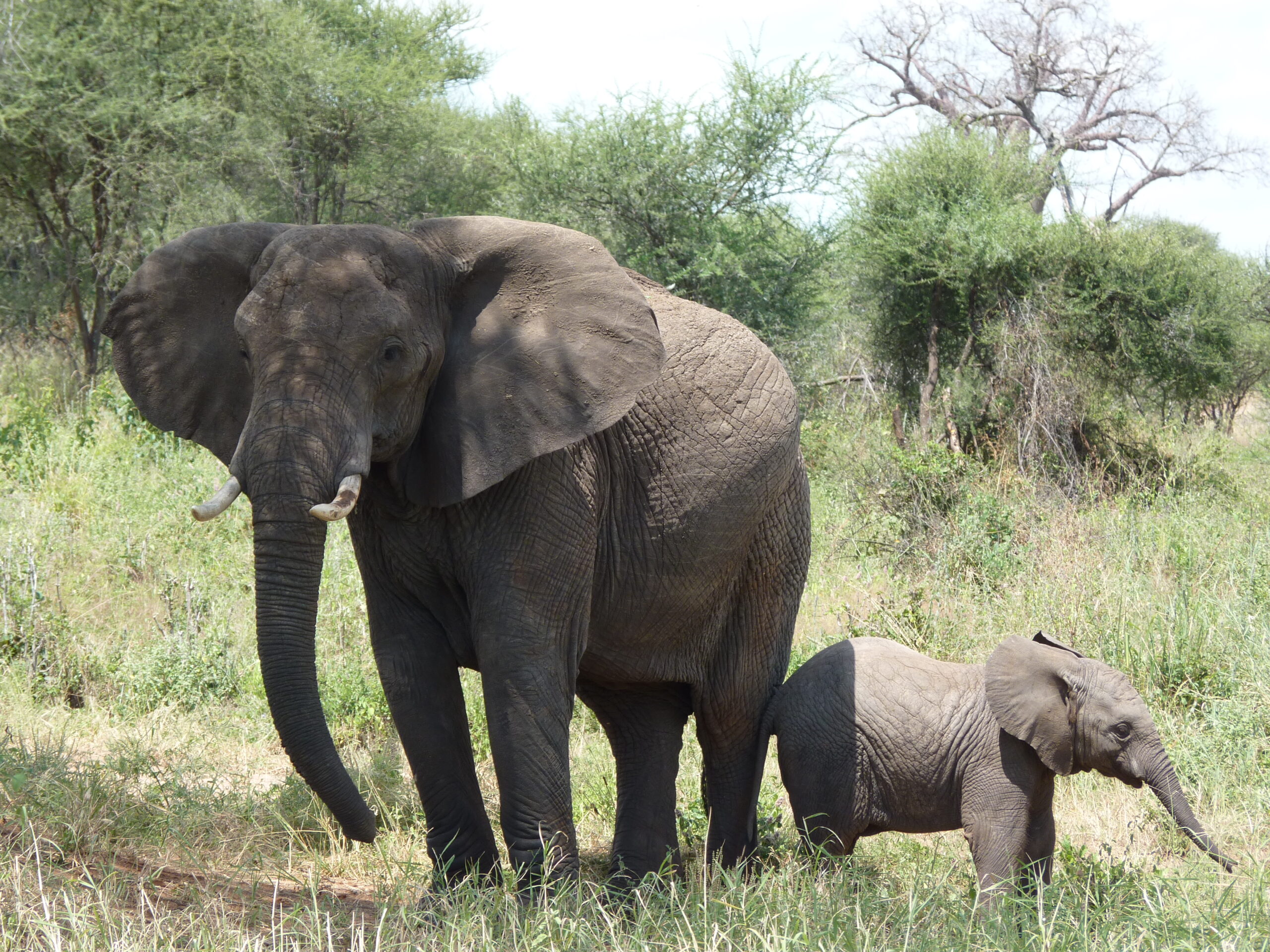Prajakta Rao already earned a master’s degree in psychology from a university in India when she applied for Manchester Metropolitan University’s MSc Animal Behaviour at Manchester Metropolitan University. She loved animals and sought a career in wildlife conservation. For close to three years, Prajakta worked in wildlife rescue, rehabilitation, and core conservation in India, learning the importance of wildlife research and scientific-based conservation.
When Prajakta discovered the MSc, she knew it was the obvious next step for her. The MSc was by Manchester Met, ranked highly for research in this area, based on research impact in the UK Research Excellence Framework 2021 review. It struck a good balance of theory and practical work, with modules covering behaviour biology, genetics, as well as R-software and practical techniques for research. “After considering all of these things, I couldn’t wait for my application to be accepted,” she says. “I absolutely loved the programme and I am delighted to have graduated from Manchester Met.”
Prajakta’s programme is one of the three related MSc programmes the university offers which have just been updated — MSc Animal Behaviour and Evolution, MSc Global Conservation Biology MSc Zoo Conservation Biology. In these programmes, students learn in the laboratory, field, and zoos.
Prajakta joined a field trip to Anglesey in North Wales (Anglesey), where she established the research question, collected and analysed data, gave a presentation, and completed the assessment based on her findings. At the Big Cat Sanctuary in Kent, she learned how to use acoustic devices to record animal sounds. “It even gave us the opportunity to conduct research and assessment of animals, where a group of us took care of the animals, including feeding, taking temperatures, light measurements, and so on, while conducting research observations,” she says.
These are powerful learning experiences – the kind that bring to life the fundamental principles of behaviour. Describing the MSc, Senior Lecturer in Animal Behaviour Dr. Selvino de Kort says, “The MSc programme at Manchester Met has a solid scientific base with a focus on learning to collect data on living animals, either in captivity or in the wild. The MSc Animal Behaviour and Evolution programme is unique in that it combines living animal studies with a firm grounding in evolutionary theory. In addition, students will learn about animals ranging from insects to rhinos.”
Students learn from research-active scientists, who merge the latest theories with their wealth of insights. “The classes were research-focused, and we always discussed why a particular question was asked, how the research was completed, and then looked at the real-world outcomes of that work. We were also given many opportunities to practise critical thinking, with support given along the way,” says Sam Watson, who completed the BSc (Hons) Animal Behaviour and MSc Animal Behaviour.

Students gain hands-on experience in ecological and behavioural data collection techniques in the Field Course Unit, where they can visit renowned wildlife sites like Ngorongoro Crater and Serengeti National Park. Source: Manchester Metropolitan University.
At Manchester Met, experiential learning goes hand in hand with cutting-edge techniques and software. It’s something that Sam believes other institutions have not always kept pace with. “After I graduated, I moved into a role at an animal welfare non-profit organisation, where my knowledge of the latest techniques and software was beneficial. This has allowed me to be very efficient on tasks,” she says.
What further sets this programme apart is the opportunity for students to conduct their dissertations internationally. On field trips, students can immerse themselves in some of the most famous wildlife sites in the world as they gain valuable practical experience in ecological and data collection techniques.
MSc Global Conservation Biology responds to the demand for conservation biologists in the face of unprecedented climate and environmental change. The course identifies at-risk ecosystems, methods for conserving biodiversity, and explores the role of conservation genetics. The programme equips students with a scientific understanding of species conservation, extinction risk, utilising sustainable resources, and provides the essential and latest statistical and research design techniques for the collection and analysis of data.
Learning is enhanced by studying wild and managed populations first-hand and field work contributes a major and exciting component of the course. There is a residential field course where you can choose between Tanzania or a Euro-Mediterranean destination as well as the opportunity to collect field data for the Dissertation unit.
Teaching staff are research-active and involved in species and habitat conservation projects around the world. Examples include: a citizen science project for the Ngorongoro Crater (Tanzania), a population study of the endemic Madeiran laurel pigeon, the wild bird trade in Java (Indonesia), impacts of the reintroductions of the Eurasian beaver on bat populations, and salt marsh ecology and restoration – to name but a few.
Former student Sophie Halliwell described the experiential learning opportunities she experienced during her MSc as “invaluable” especially the fieldwork and data collection. “My project supervisor went above and beyond to support me from hands-on fieldwork/data collection to being very responsive to emails.” In addition, “the assignments taught me skills in scientific writing, and I now have a career in academic publishing with Frontiers.”

Source: Manchester Metropolitan University
The MSc Zoo Conservation Biology programme focuses on the links between species conservation of managed and wild populations. It’s a programme ideal for those aspiring to lead in the research and conservation of captive animal populations. With the central focus of the programme being Zoo Conservation — one unit is run by Chester Zoo — students gain insight into the zoo’s collections and facilities. They also get to broaden their perspective via participation in a field course overseas.
These are moments Maggie considers life-changing. “Having the chance to learn at a world-renowned zoo like Chester Zoo was incredible,” she says. “I have never learned so much in such a short time.”
Other core units conducted at the Manchester campus hone crucial skills in research, including learning about the latest research design and analysis methods and practical techniques to use in the field and lab. These form the foundation of the research project, where students blend their data collection, background research, and data analysis skills, culminating in a dissertation.
Whichever programme they choose, students here reap the benefits of being part of one of the top modern universities for research quality. Manchester Met has achieved excellent results in the government’s Research Excellence Framework (REF) 2021 for its research within earth systems and environmental sciences, which includes its impactful work on the conservation of biodiversity and habitats. Out of 40 departments in the country, it ranks fifth nationally for its research impact, with 75% rated as internationally outstanding and 25% having considerable impact.
Click here to learn more about Manchester Metropolitan University.
Follow Manchester Metropolitan University on Facebook, X, YouTube, and Instagram.











